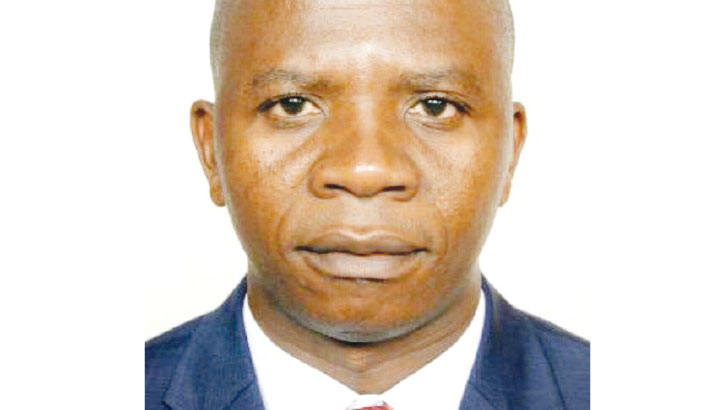Experts speak out on RBM policy rate stance
Economists have questioned the recent move by the Reserve Bank of Malawi (RBM) to maintain the policy rate at 12 percent and Lombard rate at 20 basis points above the policy rate.
The experts speaking separately said maintaining the policy rate reflects management of inflation using demand side instruments which is not consistent with the country’s Malawi 2063 (MW2063).

The Monetary Policy Committee (MPC) at its second meeting of 2021 held on 28 and 29 April, maintained the policy rate at 12 percent; the Liquidity Reserve Requirement (LRR) ratio on domestic and foreign deposits at 3.75 percent and the Lombard rate at 20 basis points above the policy rate.
But economist Milward Tobias, who is also executive director of Centre for Research and Consultancy, argued that if monetary policy is to be relevant to MW2063, there is need for a policy shift to supply side management of inflation.
He said it is concerning but expected to see that major credit absorbers in the first quarter were community, social and personal services (27.2 percent) and wholesale and retail (22.2 percent).
Said Tobias: “Dominance of credit to these sectors confirms that high interest rate is a barrier to investment in projects that have long gestation period.
“Investment in mining, manufacturing, tourism, irrigation farming take long to start generating income, therefore monetary policy that is oriented on demand side management of inflation constrains economic growth.”
In marrying with the MW2063, he said Malawi needed to shift away from consumer-based gross loan portfolio to investor based gross loan portfolio to spur industrialisation for the attainment of wealth creation and self-sustainance.
Tobias said the policy rate needed to be reviewed downward to make borrowing cheaper for consumers and investors, thus by maintaining the rate at 12 percent, perpetuates appetite for consumption in the economy because retailers, and wholesalers, among others, borrow and pay quickly than large investors.
Malawi University of Business and Applied Sciences associate professor of economics Betchani Tchereni agreed with Tobias, saying the situation is worrisome because what it means is that the economy is depending on sectors that cannot spur economic growth.
He said: “The said sectors that are taking a gross loan portfolio are consumptive in nature, they employ less people and consumes majority of forex because they import goods, sell and pay back their loans.”
On his part, University of Malawi economics professor Ben Kaluwa said the stance to tame inflation in the long run should translate to a decline in the policy rate.
“This should compel authorities to lower the policy rate because this is the only way the country will recover from slowdown in business brought about by the Covid-19 pandemic,” he said.
The policy rate has been maintained at 12 percent since last year.





